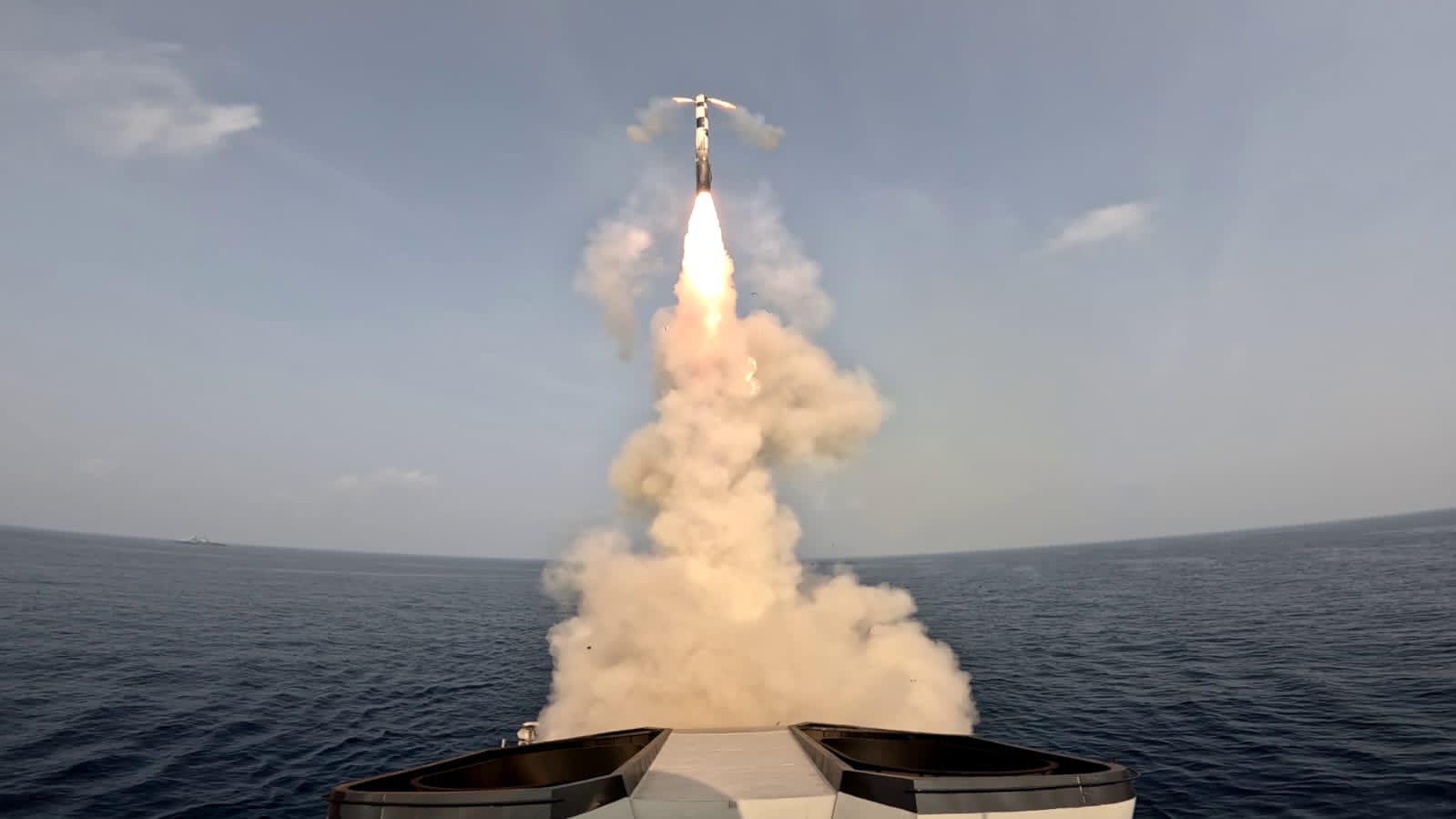The GRU, a lesser-known Russian intelligence agency that outlasted the KGB after the collapse of the Soviet Union, has been in the limelight in connection with a 2014 Czech arms depot blast.
Last week, the Czech Republic had blamed Russia for the explosion in the eastern region of the country that killed two persons. This had triggered a severe diplomatic rift between the two nations, with Prague expelling 18 Russian embassy staff, accusing them of spying.
Calling this move “unprecedented” and “hostile”, Russia also sent back 20 Czech diplomats. Moscow also dismissed Prague’s allegations as “absurd” and “far-fetched.”
In a bid to de-escalate the tensions, Czech President Milos Zeman said on Sunday that Russia may not have been involved in the incident.
He said two theories are being looked at – one about possible sabotage by Russia and the other involving an accident due to mishandling of explosives at the ammunition depot.
The Czech Republic will expel 18 employees of the Russian Embassy in Prague due to reasonable suspicion that the Russian secret service GRU was involved in the explosions of ammunition depots in Vrbětice in 2014 Prime Minister @AndrejBabis and Minister @jhamacek announced today.
— CzechEmbassyDC (@CzechEmbassyDC) April 17, 2021
GRU Versus KGB
The Czech Republic pointed fingers at Unit-29155 of GRU — Glavnoye Razvedyvatelnoye Upravlenie — whose mission is to sabotage, subversion and assassination, according to European intelligence agencies.
Officially called the Main Directorate, GRU is a Russian military intelligence agency and maintains its own special forces units.
While heads of other agencies such as the Foreign Intelligence Service (SVR), the Federal Security Service (FSB), and the Federal Protective Service (FSO) directly report to the Russian President, the GRU chief is answerable to the Defense Minister. President Vladimir Putin once led the FSB.
The GRU is believed to be Russia’s largest foreign spy agency. Its origin can be traced back to the Napoleonic wars when Russian Emperor Alexander I had ordered the setting up of a secret agency, later came to be known as Special Bureau.
After the Russian Revolution in 1917, the Special Bureau was revamped and GRU or Main Intelligence Directorate came into being in 1942. It played a key role in helping Russia with its military operations. Since 2010, the agency came to be known as Main Directorate but is still known by its old name ‘GRU’.
According to a note on the Russian Defence Ministry’s website, GRU’s role is to “create a conducive environment for the implementation of Russia’s defense and security policy.”
GRU commands Russia’s ‘Spetsnaz’ or the “special forces brigades” and is responsible for all levels of military intelligence. Tasked with conducting battlefield reconnaissance, surveillance, and sabotage missions GRU goes beyond its traditional combat and intelligence-related roles and conducts cyber, disinformation, propaganda, and assassination operations.
During the Cold War, the KGB — Komitet Gosudarstvennoy Bezopasnosti (Committee for State Security) — emerged as a potent undercover agency tasked with cutting capitalist America down to its size. Both KGB and the US’ Central Intelligence Agency (CIA) vied for global dominance through their propaganda and secret missions.
While KGB ceased to exist with the collapse of the Soviet Union in 1991, GRU remained alive and kicking.
According to a report submitted to the US Congress, GRU is a “large, expansive, and powerful organization”. It has been accused of interfering in the 2016 US elections in 2016, attempting a coup in Montenegro in 2016, conducting cyberattacks against the World Anti- Doping Agency and the Organization for the Prohibition of Chemical Weapons in 2016 and 2018, attempting to assassinate Russian intelligence defector Sergei Skripal in the United Kingdom in 2018, among others.
Alleged Link to the Salisbury Poisoning
The explosion at the ammunition depot in the Czech Republic on October 16, 2014, was carried out by Russian operatives, Czech intelligence agencies claimed.
As per the Czech media reports, these ammunitions were most likely stored for the Ukrainian forces fighting pro-Russian rebels or the rebels in Syria fighting the Russia-backed government there.
But it was only after the events in Salisbury took place in 2018 where a former Russian double agent, Sergei Skripal, and his daughter Yulia Skirpal were poisoned in Britain that the security agencies started connecting the dots.
Although both survived, a local woman named Dawn Sturgess was killed three months later by the same Novichok nerve agent traces of which were found in a discarded perfume bottle.
The Czech Republic said Russia was behind a 2014 ammunition-depot blast and expelled 18 embassy staff, triggering its biggest dispute with Moscow since the communist era ended https://t.co/CPZuWBa3Tq pic.twitter.com/3yfAW5uPbs
— Reuters (@Reuters) April 18, 2021
Upon matching the images of the men accused by the UK for the Salisbury blast with those of the duo who were blamed for the blast in Czech, Czech authorities found them to be the same people.
According to a BBC report, Czech police made this breakthrough using the passport scans the two had submitted to the Imex Group, the company that had been operating the arms depot. It had received an email supposedly from the National Guard of Tajikistan, which asked for permission for a site inspection by the two men, one of whom, it said, was a Tajik national and the other from Moldova.
Interestingly, British Investigative site “Bellingcat” identified the Salisbury suspects Ruslan Boshirov as Anatoly Chepiga and Alexander Petrov as Alexander Mishkin — both are believed to be GRU officers.
The records of successful missions carried out by GRU are still unknown which is irksome for the Czech Republic and its EU and NATO allies. Russia’s secret war against the West through its tight-knit Unit 29155 has largely remained a mystery until recent years.
While Moscow’s relations with Prague and the EU are already strained, now Washington has reportedly also stepped in to show support for Czech and condemned Russia’s “subversive actions on the Czech soil.”





